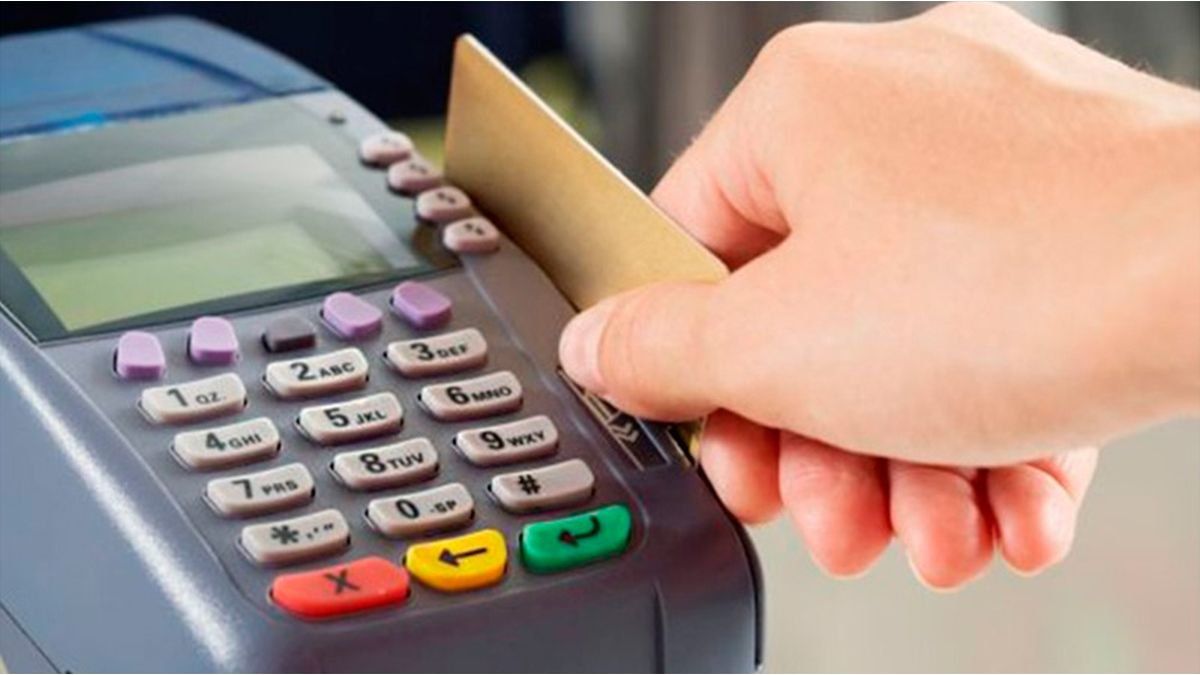The recent megaEmergency Need Decree (DNU), promulgated by Javier Milei and its ministers, has introduced a series of significant changes in the field of Credit cards, prioritizing issuers to the detriment of customers and businesses. This measure is justified under the argument of a necessary deregulation and adaptation to the new modalities of relationship and technological advances in digitalization.
The modifications include the elimination of the rate limit that businesses can be charged (previously set at 3% for credit cards and 1.5% for debit cards), the removal of the punitive interest cap for late payment, as well as the repeal of sanctions on companies for not reporting the interest rate.
The decree redefines the credit card system as a series of individual contracts with three main purposes: facilitating purchase transactions, granting loans and money advances in participating businesses and institutions, and allowing payment to be deferred or refunds made as established in the contract.
Under this regulation, Any entity that is within its corporate purpose can be a credit card issuer. The credit card is defined as a means of user identification, which can be physical or virtual, magnetic or any other emerging technology, emanating from a contractual relationship between the holder and the issuer.
In addition, Issuing entities are obliged to make public the financing rate applied to the credit card systemand it is established that punitive interest will not be capitalized.
This DNU repeals several articles of Law 25,065 of 1998, including the obligation to record data on credit cards, clarity in contracts, validity at the time of signing, non-generation of liability when requesting the card, respect at regulatory rates imposed by the Central Bank, information to suppliers, technical support for suppliers, the restriction of reporting personal financial databases, among other significant changes.
Credit cards: what happens with payments
As economist Elena Alonso explains in statements to Ámbito, credit card payments have not yet been modified. Although she warns that after the DNU, “there is still nothing certain.”
Likewise, he advises that what is not advisable to do, after the devaluation of the official exchange rate and “as the exchange rates are now”, is to pay with a credit card abroad, unless the user takes the refund of the income tax on account and serve you.
In that sense, Alonso points out: “If someone leaves in January, it is not convenient for them, because they have to wait a year for it to be returned, or take it on account, so it is preferable to go with dollars, for example,” he concludes.
The financial analyst expresses himself along those same lines. Christian Butler, who points out that credit card payments do not change. “What they change are the rates, they release the rates and so on, but credit card payments do not have any changes.”
In addition, modifications are introduced in various articles, allowing any entity to offer credit cards, the inclusion of digital cards, elimination of minimum payments, flexibility in the rates charged to businesses, elimination of the punitive interest limit, digital sending of summaries, among others. Other settings.
Source: Ambito
I am a 24-year-old writer and journalist who has been working in the news industry for the past two years. I write primarily about market news, so if you’re looking for insights into what’s going on in the stock market or economic indicators, you’ve come to the right place. I also dabble in writing articles on lifestyle trends and pop culture news.




